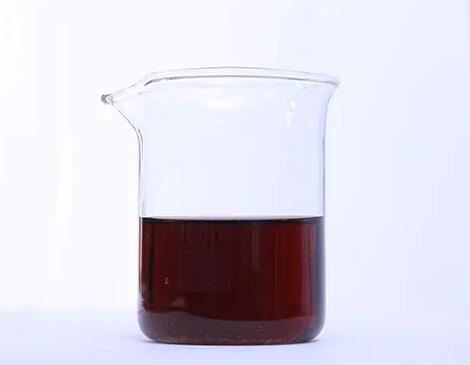Textile

Описание на продукта
Textile industry is facing tougher and tougher environmental regulations and challenges in the world. Troditional textile process consumes a large amount of chemicals and brings a lot of waste water. The enzymes used in textile industry provide a mild, environment friendly solutions in desizing and bleach clean-up process. Textile enzymes in textile industry can improve production methods and fabric finishing. The consumption of chemicals and the impact on the environment can be minimized with the use of enzymes.
Types of Textile Enzymes
Cata™ TEX Catalase
Cata™ TEX Catalase Belongs To Catalase That Specifically Breaks Down To Oxygen And Water And Mainly Applied In Bleach Clean-up Process.
Learn More
Cata™ TEX Catalase
SuperAA Tex Desizing Amylase
SuperAA TEX Desizing Amylase Is Applied In Desizing Process Of Textile Manufacture. It Can Hydrolyse α- 1,4 Glycosidic Bond Of Starch Removing Starch-based Size For Improved, Uniform Wet-processing At Broad Temperature Range.
Learn More
SuperAA Tex Desizing Amylase
FAQs Of Textile
Why do desizing process is a must in textile industry?
A:
Incompletely size removal may leads to bad effect like uneven dyeing and poor printing. What's more, it may also influence batch-to-batch reproducibility of textile products.
What are the key benefits of enzymatic desizing in textile industry?
A:
(1) Consuming less chemicals and no harm to environment.
(2) Shortening desizing time and boosting fabric quality.
(3) Widely worked on all types of starch-based size.
What are the advantages of enzymatic bleach clean-up?
A:
(1) Lower residue level in shorter time.
(2) Environment friendly process with less water consumption.
(3)Making bleach clean-up process easier and safer.
For more information about Complex enzyme, please feel free to contact us!
There are many enzyme engineering companies, but we are one of the best choices for you.

